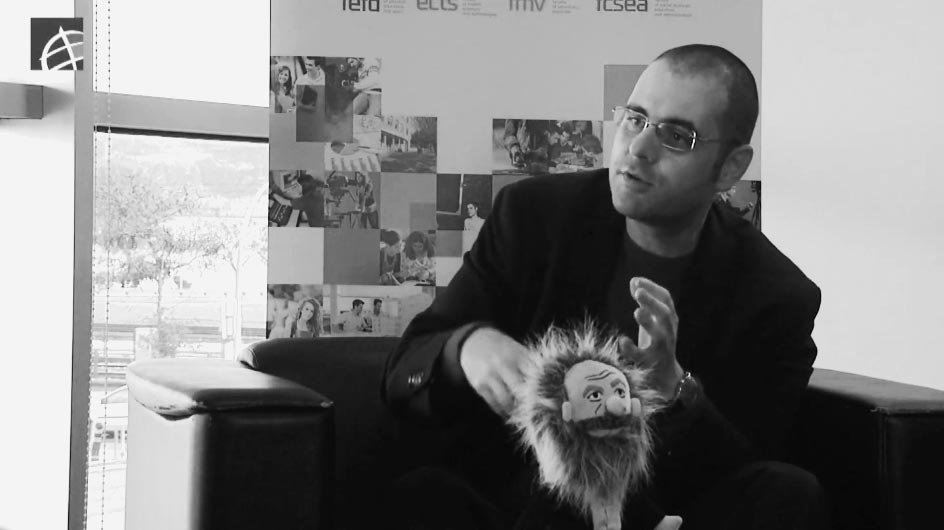Sekcija za sociologiju medije HSD-a, Odjel za sociologiju Sveučilišta u Zadru i Multimedijalni institut organiziraju predavanje Christiana Fuchsa koje će se održati 8. svibnja u Zadru i 9. svibnja u Zagrebu.
Christian Fuchs profesor je u području društvenih medija (eng. social media) u Institutu za istraživanje medija i komunikacije na Sveučilištu Westminster u Londonu i ravnatelj Centra za istraživanje društvenih medija. Također je urednik časopisa tripleC: Communication, Capitalism & Critique, zamjenik voditeljice EU COST akcije Dynamics of Virtual Work, voditelj je Istraživačke mreže 18 – Sociologija komunikacija i istraživanja medija Europske sociološke asocijacije i autor knjiga ˝Culture and Economy in the Age of Social Media˝, ˝Digital Labour and Karl Marx˝, ˝Social Media: A Critical Introduction˝, ˝OccupyMedia! The Occupy Movement and Social Media in Crisis Capitalism˝.
***
sažetak predavanja : CULTURE AND ECONOMY IN THE AGE OF SOCIAL MEDIA -THEORISING CONTEMPORARY SOCIETY WITH RAYMOND WILLIAMS, HERBERT MARCUSE, AND DALLAS SMYTHE
We live in a world, in which social media such as Twitter, YouTube, WhatsApp, and Facebook in the West and Weibo, Youku, WeChat, and Renren in the East are shaping communications. In this talk, I will draw on my recent and forthcoming works to ask the question how we can make use of various critical theories to better understand the impacts of such technologies on contemporary society. I will engage with the works of three critical theorists: Raymond Williams, Dallas Smythe, and Herbert Marcuse. I will give special attention to Williams’ concept of cultural materialism, Smythe’s concepts of audience labour and audience commodification, and Marcuse’s concepts of the dialectic, ideology, the reality principle, and the performance principle. I will relate and update these approaches for explaining the political economy of social media and show how consumer capitalism, the commodity form, ideology, labour, and a specific contemporary expression of the structure of instincts shape this political economy. The underlying methodological assumption is that new technologies do not outdate older theories as long as the political-economic framework that embeds technology and communications stays the same so that we do not need radically new theories, but rather a re-reading, update, and dialectical sublation of critical theories for the 21st century digital age. Williams, Smythe, and Marcuse are diverse in their approaches, but all share a critical outlook, which enables a manifold contemporary critical theory for the digital age. They also share the political focus on an alternative societal framework that allows us to think about the question if there is an Internet world beyond the capitalist reality of Facebook/WhatsApp, Google/YouTube, Twitter, Weibo, etc. and if there is a society beyond capitalism.

